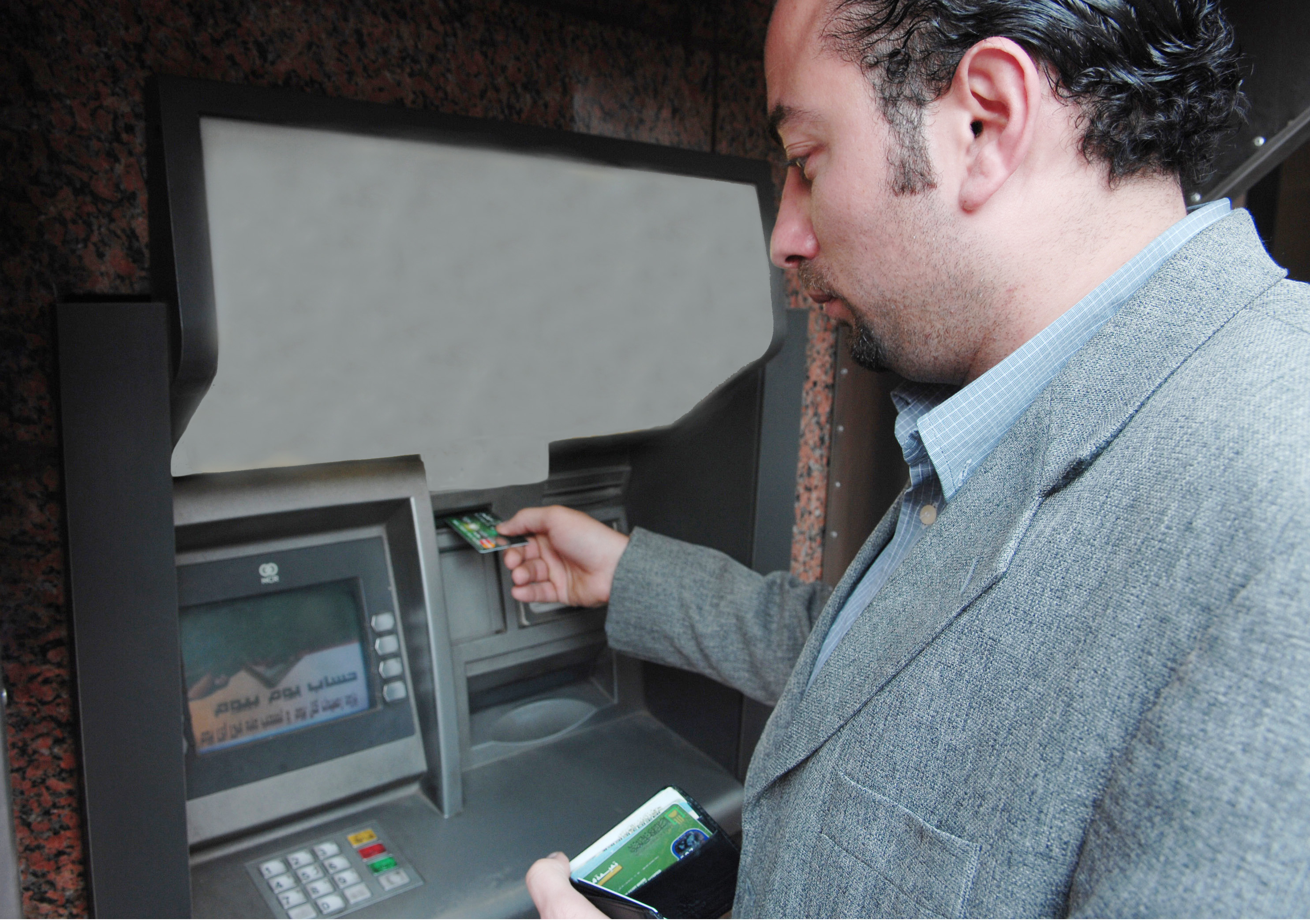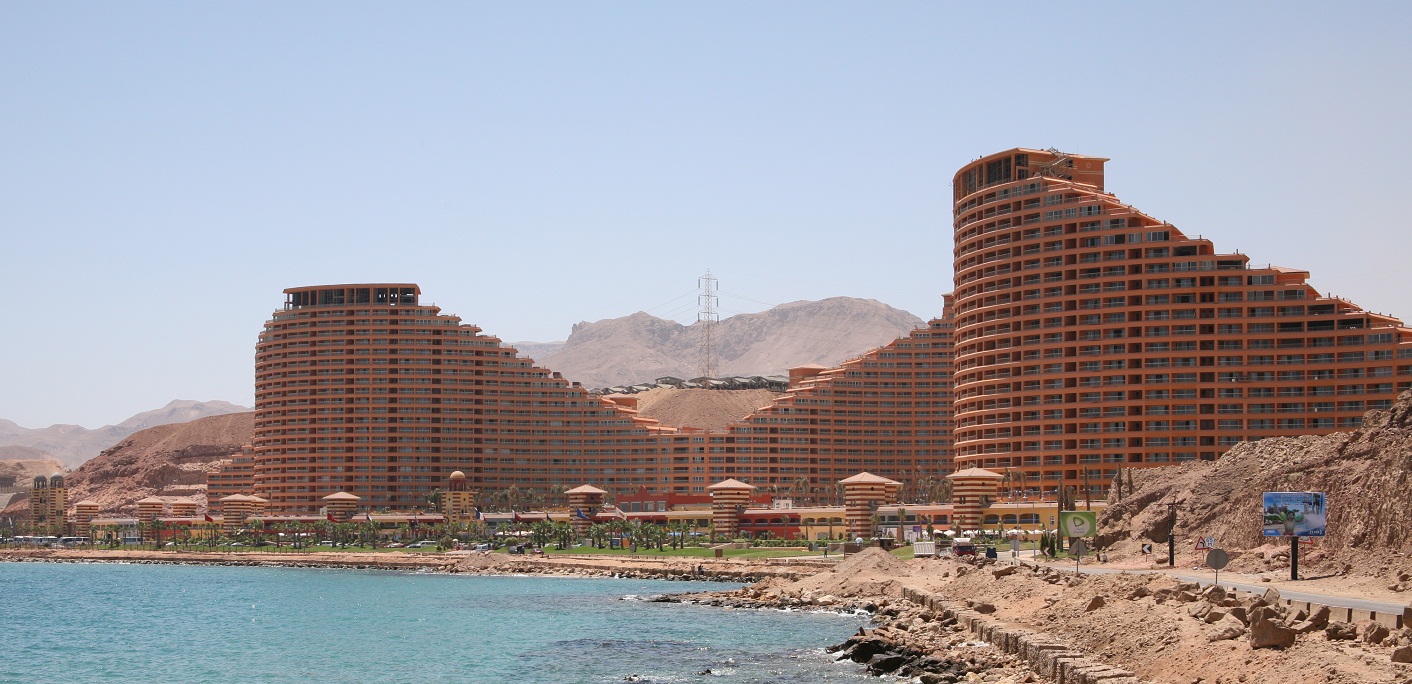
(Photo courtesy of Egypt CSR Forum website )
SODIC has invested over EGP 10m and impacted over 12,000 lives in the past two years, according to Nadine Okasha, Senior Public Relations Manager at SODIC. In an interview with Daily News Egypt, Okasha elaborates on the programmes the company has handled as part of its CSR, in the past few years.
What are the main projects, activities or programmes that the company supports as part of its CSR?
SODIC has three defined CSR platforms; education, rehabilitation and relief. Our education arm supports five different education projects: Future Lights Development Organization (FLDO), which trains and monitors 32 nurseries in deprived districts of Cairo and has benefited over 6,500 children to date; Tawasol society school, operating in Stable Antar in Old Cairo, which provides schooling and vocational training for escapees from regular schooling; and Educate Me, a non-profit foundation providing education to hundreds of financially underprivileged children in Talbeya and Bedayat learning centre. The learning centre is home to 360 street children in Minya. This is in addition to the AUC venture lab which incubates start-ups from across Egypt.
Our rehabilitation work has thus far focused on the integrated development of Ezbet El-Assaal, Cairo’s oldest slum stretched over 41 acres, where we have been working since 2012. The first phase of the project was completed in early 2014, where we completely renovated/rebuilt the homes of Abdel Dayem Alley, home to 78 families, and its sewage network. The second phase of the project entails the renovation of 40 homes and is currently underway.
Our relief programme is an avenue for SODIC and its employees to participate in monetary and in-kind donations that are more philanthropic than development focused. This includes blood drives, clothing drives, salary drives for different causes and food packing and distribution.
On what basis does the company choose the programmes it will support?
SODIC has been actively giving back to the community since its inception in 1996; however most of what was being done was monetary donations to projects like constructing the 26th July Corridor and the Egyptian Red Crescent. In 2009, we began taking a more development focused approach. We started working with Alfanar – our long term partner in sustainable development – who would propose projects to us for funding. During that time we started working with women empowerment programmes, education programmes and art programmes. In 2011, we began the journey of defining platforms that we felt most passionate about. There is so much to be done out there, but we felt that by focusing our efforts on specific areas we would make more impact. We had to ask ourselves who we are and what are the values we priorities?
SODIC’s mission is to create Human Developments, this is our slogan, as we aspire to create environments in which people can develop their full potential and lead productive, creative lives according to their needs and aspirations. We believe this mission should carry over into all our endeavours, including our CSR programmes. This belief has encouraged us to include education as a key component of our CSR strategy. Egypt’s sustainable development starts with well-educated children, who will eventually reach their potential as productive and capable citizens contributing fully to their families and societies. The other deciding factor for us is the potential of the project; is it impactful? Is it scalable? Can it reach eventual financial sustainability? If we feel positively towards the answers of these questions then we take on the project. On the other hand, as an Egyptian real estate developer, we believe it’s our responsibility to take part in developing Egypt’s slums and impoverished areas; that is a role we see ourselves playing in the long term.
How much did SODIC invest in CSR projects from 2013 to date?
We have invested over EGP 10m over the past two years. However, a more substantial indicator for us is the number of lives we have impacted. We have impacted over 12,000 lives in the past two years, every year our impact number increases, and that is the metric we use to measure our CSR performance.
What does SODIC need from the government to ease the process of selecting and implementing community projects?
Government institutions are key stakeholders and partners in all of our CSR initiatives. We believe that the government’s role is very crucial especially when it comes to supporting laws and regulations. When it comes to our education programmes, we need a lot of government support. One of our CSR partners has been trying to build a school in Ezbet Khairallah for two years now. Though we are seeing positive steps being taken by the government in support of CSR efforts, we hope to see more facilitation where good work is being done.
Can you tell me about a successful project that the company implemented and how did it help/support the community?
There are two projects that we pride ourselves for being a part of: Future Lights Development Organization (FLDO)’s Early Childhood Education and Outreach Programme; and the integrated development of Ezbet El-Assaal.
We have been working with FLDO since 2009, and over the years, FLDO has consolidated its holistic Montessori-style Arabic language training curriculum benefiting 6,500 children in 32 preschools in some of Cairo’s poorest slums. Over 1,300 parents have also benefited from the comprehensive training programme developed by FLDO addressing issues of child development, psychology and nutrition. The model nursery school – which is the first nursery created and the training hub – is now fully sustainable through fees. FLDO also runs a recycled wood workshop that manufactures toys and furniture for the nurseries, and employs female heads of households, thus multiplying its social impact.
A recent study conducted by Cairo University in 2014 showed that FLDO’s training programmes have a statistically significant impact on children’s cognitive development and on teachers’ instructional knowledge. This project is the perfect example of a high impact sustainability oriented project. We are very proud of being a part of their journey.
The other project we are proud of is the integration development of Ezbet El-Assaal, we started this project in 2012 with the intention of creating a successful replicable model of the integrated development of a slum area. Two years later we had transformed Abdel Dayem alley, home to 78 families. This incited Egyptian fund 306 306 to support the project and fund it as a seed of a national project to transform El-Assaal area – a 41 acre area.
What other types of CSR should be introduced in Egypt to strengthen its role in the community?
I think the pillars that must be prioritised are education and job creation. People need to be empowered to be able to take care of themselves. If people are educated then they can contribute to the development of our country, and if they can make a living then they will not need all the other types of support. I do realise that some philanthropic efforts are needed in the meanwhile, but it is my dream that most of the effort being done be geared towards education and job creation.
Is your company following any Egyptian law which entails applying strict social responsibility policies?
I am not aware of any law that either mandates or regulates CSR activities being carried out by private companies, other than some mandated monetary payments that are made to different entities to be used to serve the community. As a publicly listed company, we have to approve our CSR budgets during the annual general assembly meeting and detailed activities from our Board of Directors. As a company policy, we assess our CSR spending as we do all our spending, against predetermined KPI’s and annual objectives.
Do you think that Egypt’s private sector is doing its role adequately in supporting the community? If not, what else is still needed from the private sector? Or what is missing?
The past few years have witnessed more private sector companies engaged in CSR activities. There is a learning curve that we are all taking. My hopes are for all private sector companies to play some role that prioritises impact and sustainability. It is only through sustainable development that we can reach a stable socio-economic environment where businesses can continue to thrive. That is the ultimate difference between development and philanthropy.
Some might argue that social responsibility, including countering poverty and illiteracy, is the role of the government and not the private sector. What do you think of this?
I think there is enough work to go around. With the current conditions and the vision we all share for Egypt, everyone must do everything they can to make that vision a reality. We are all in the same boat.


